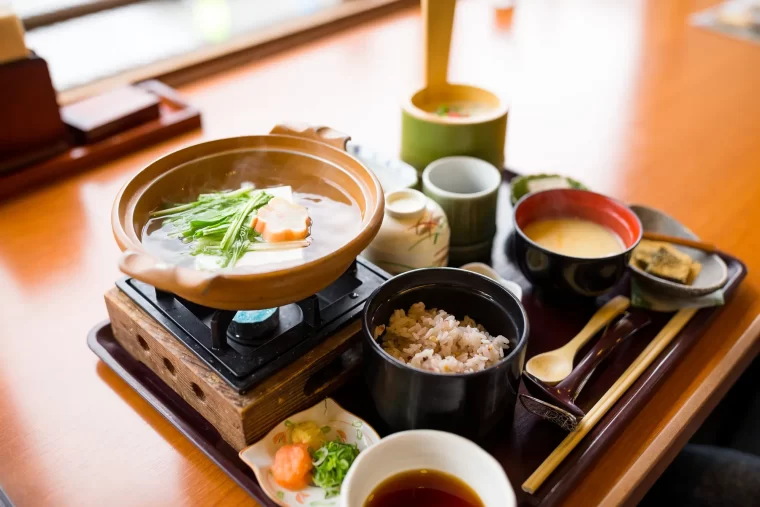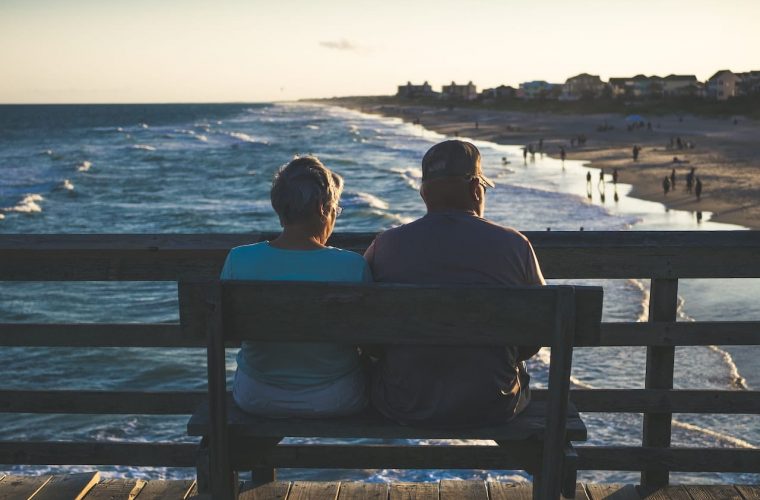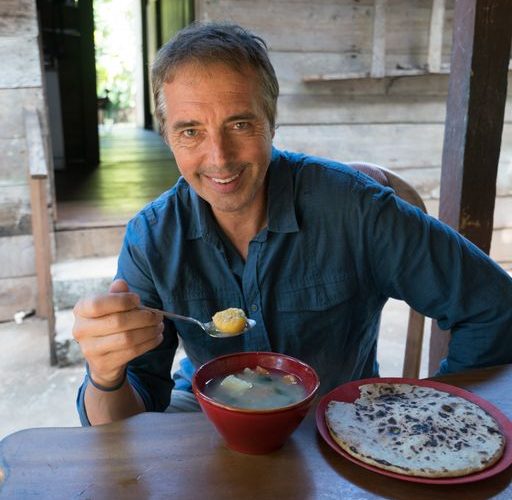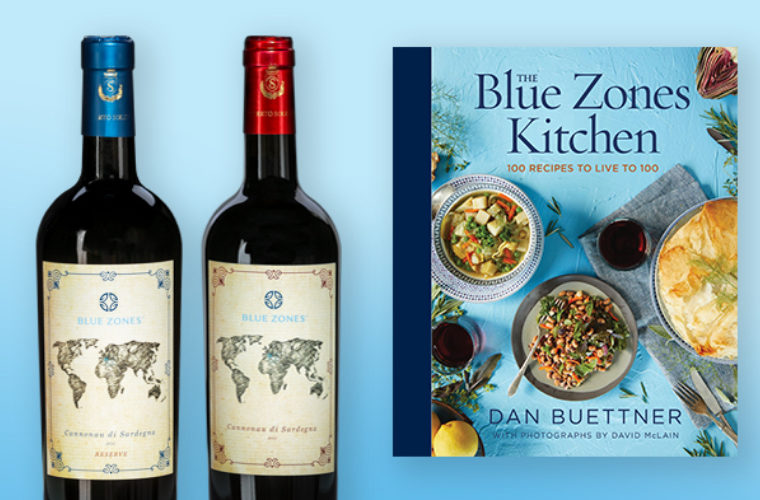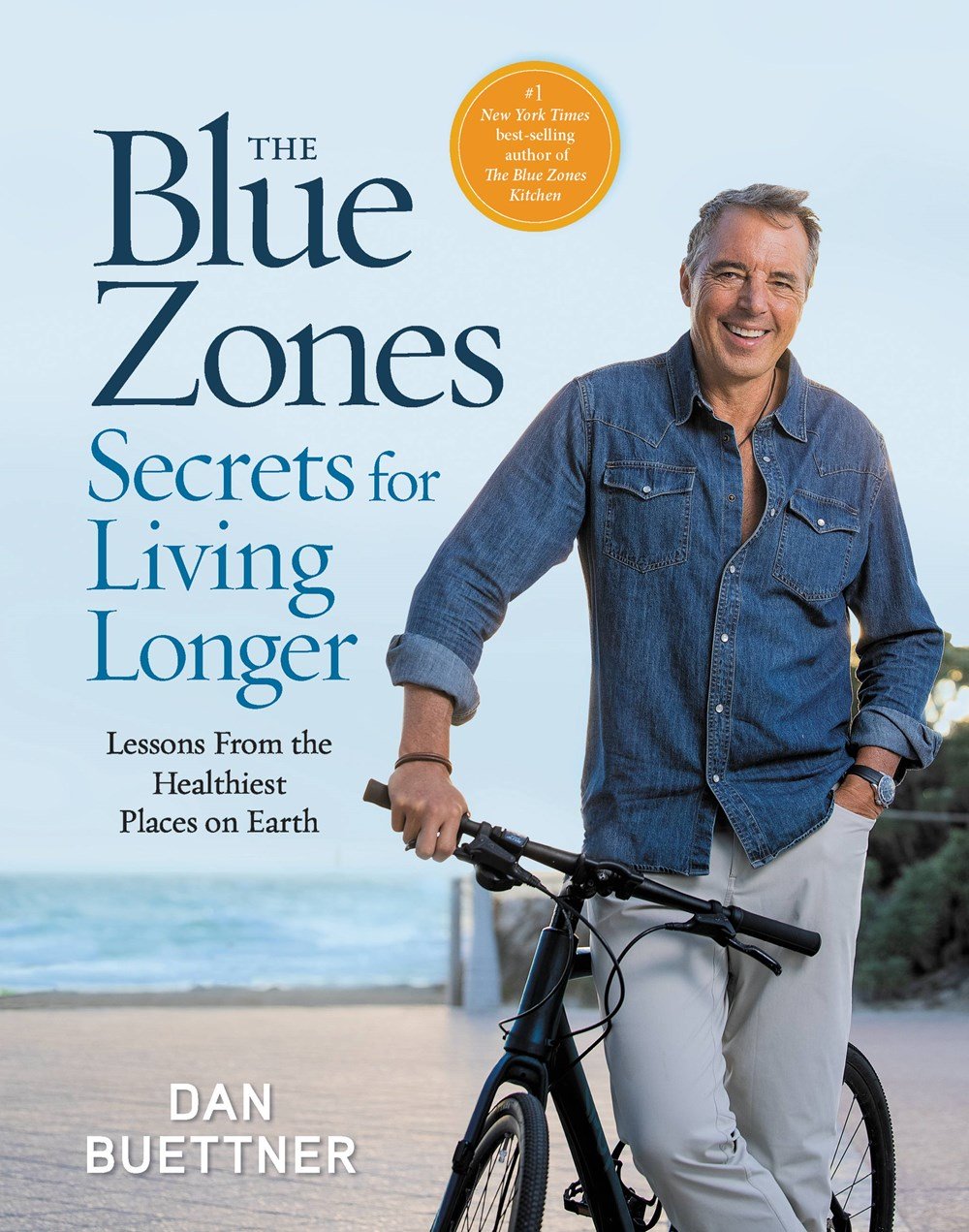Okinawa is one of the world’s blue zones regions, or exceptional hot spots where people live extraordinarily long and healthy lives. I started exploring and identifying the blue zones regions of the world more than 20 years ago, and my November, 2005, National Geographic article on longevity, “The Secrets of Living Longer,” put these blue zones regions on the map.
For almost a thousand years, the Japanese archipelago of Okinawa has maintained a reputation for nurturing extreme longevity. Okinawans over the age of 65 enjoy the world’s highest life expectancy: Men are expected to live to about 84, while women are expected to live to almost age 90. They suffer only a fraction of diseases that kill Americans: a fifth the rate of cardiovascular disease, a fifth the rate of breast and prostate cancer, and less than half the rate of dementia seen among similarly aged Americans.
Hara Hachi Bu: Stop Eating When You’re 80% Full
If you’ve ever been lucky enough to eat with an Okinawan elder, you’ve invariably heard them intone this Confucian-inspired adage before beginning the meal: hara hachi bu — a reminder to stop eating when their stomachs are 80 percent full. This cultural practice of calorie restriction and mindful eating is part of the reason that Okinawa has a higher percentage of centenarians than anywhere else in the world.
The average daily intake of an Okinawan is only about 1,900 calories, significantly less than the average number of calories consumed by a typical American, especially those who are middle-aged. According to research by the USDA, the average American man consumes over 2500 calories, with his food intake reaching its peak when he is in his 40s, topping out at an average of 2692 calories. For women, the same trend holds true. The average American woman consumes 1766 calories. Women in their 40s consume more than any other age group with an average daily intake of 1879 calories.
According to the Mayo Clinic Calorie Calculator, an average sized 40-year-old woman only needs 1500 to 1700 calories per day to maintain a healthy body weight, unless she participates in physical exercise most days of the week. For men, 1900 to 2150 calories are needed to maintain an average sized frame.
So how can learning a simple Okinawan tradition pull these calorie counts into balance?
Why Hara Hachi Bu Works
The secret to eating in moderation in the long run is emulating the environment and habits of the Okinawan people. There is a significant calorie gap between when an American says, ‘I’m full’ and an Okinawan says, ‘I’m no longer hungry.’
How to Put Hara Hachi Bu into Practice
Simple changes in everyday eating habits can help put the secret of hara hachi bu into practice for improved health or for weight loss. Anyone can make changes to their eating patterns or environment, enjoy food, and learn to eat only until they are 80 percent full. Get started with these easy tips.
- Eat more slowly. Eating faster results in eating more. Slow down to allow your body to respond to cues, which tell us we are no longer hungry.
- Focus on food. Turn off the TV and the computer. If you’re going to eat, just eat. You’ll eat more slowly, consume less and savor the food more.
- Use small vessels. Choose to eat on smaller plates and use tall, narrow glasses. You’re likely to eat significantly less without even thinking about it.
Adapted from Dan Buettner’s article originally published on Psychology Today in January 2011. [Updated December 2018]
